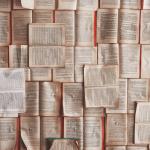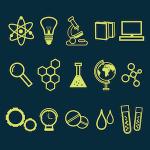Research published in Science Advances first examined reproducibility in psychology, economics, and articles in Nature/Science.
reproducibility crisis
There are many steps in research that, like making-sausage, are rarely viewed.
Neil Sedaka once noted that breaking up is hard to do. Even harder, it seems, is doing good science. Why?
Science and medicine often deal with issues that are about finding "the needle in the haystack." We might get a better handle on p-values and science's “reproducibility” problem by considering, metaphorically, those haystacks and needles






